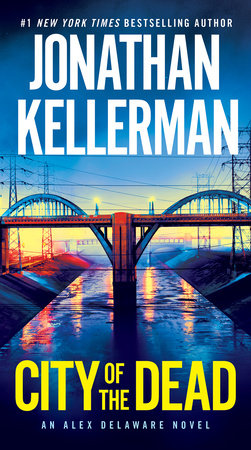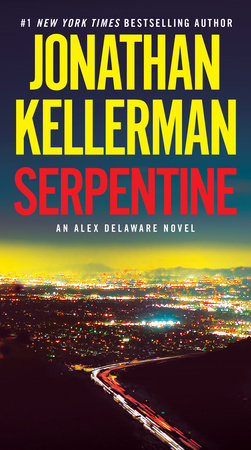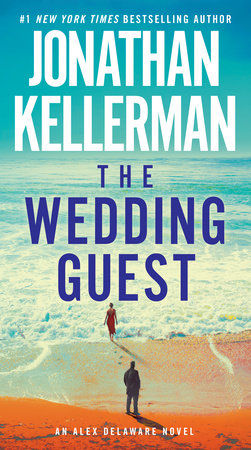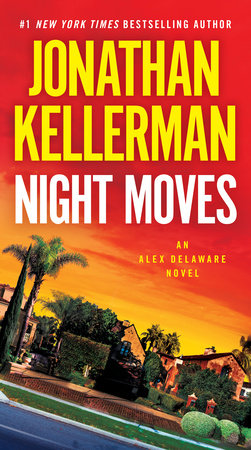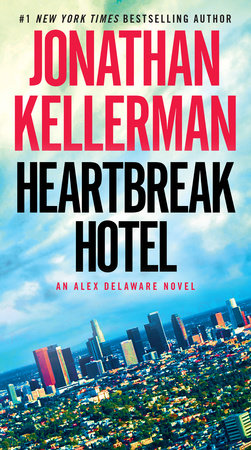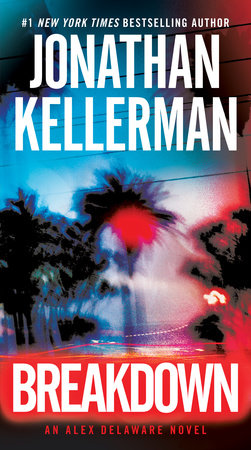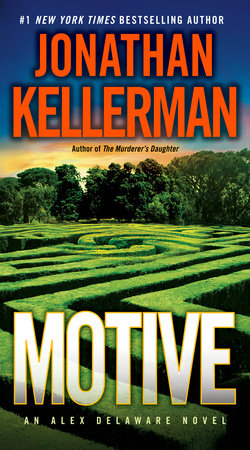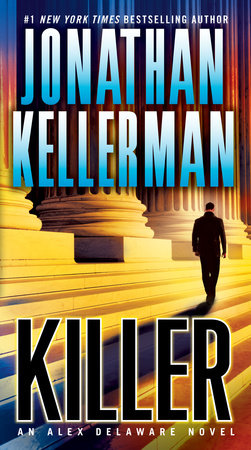Excerpt
City of the Dead
CHAPTER 1Four fifty-three in the morning was too early for anything. Alfie had said so to Donny back when it was four eighteen and they were still on the freeway. But at least they’d be early, maybe catch a nap before unloading.
Donny, as usual, had smiled and said nothing. Which was fine with Alfie. If you had to be sharing the cab on a long haul with someone, a guy who didn’t talk much was a good deal.
They’d spent the last five days together, hauling a big house full of stuff from Pepper Pike, Ohio, to La Jolla, California. Rich doctor moving stuff from one dream palace to another.
In La Jolla, the guy was waiting for them, smiling and waving like they were old friends. Big beach house, looked like a bunch of ice cubes stuck together. Blue spots of ocean at the end of the property and a whole bunch of bright-green palms.
Like living in a postcard.
But a lot of steps.
Dude ran down them. “Hi, guys, I’m James.”
“Doctor,” said Alfie, because he’d read the papers the company gave him and knew the rules. Someone has a title, you use it. Even if they’re pretending to be regular folk.
“Aw,” said James. “Okay, if you insist on formality, call me Teach.”
Alfie stared at him. Dude looked more like a . . . Alfie didn’t know what. Long gray hair and beard, string of beads around his neck, these stupid little glasses with red frames.
But not a hippie or a homeless. Not with the goochy-poochy clothes. Alligator shoes. And a beach house, for God’s sake. Almost as big as the humongous place in Ohio they’d moved the stuff from, that one looked like the White House, a maid in a uniform standing around while they worked, suspicious, nasty eyes.
Loading took a full day. The same would go for moving it into this place.
All those steps.
“Teach,” said James. “As in teacher.”
“Ah,” said Alfie. Donny hung back, pretending not to hear.
“I’m a professor,” said James.
“Wow,” said Alfie, hoping that would cut it short so he could put on his weight belt, scope out the job, and start.
“Virology,” said James.
Alfie knew what that meant because his mom had developed a herpes and couple of years ago, he took her to a virologist.
Plus, you could figure it out: virus/virology.
When Alfie didn’t say anything, James said, “I specialize in viruses.”
I specialize in killing my back to move your shit and your steps aren’t going to help.
Dude annoyed him. Why not mess with him?
Alfie made his face innocent. “You do computer cleanup?”
James’s lips tightened. So did the rest of his facial muscles, sending little ripples through his beard.
“No, I’m a physician. Infectious diseases and such.”
And such. Who says that?
Alfie said, “Wow,” with no wow in his voice.
The three of them stood there, then James the Virologist finally regained his smiley attitude and made a big show of running up the stairs.
Reaching the stop, he grinned and stretched. “Glorious day! You guys want something to drink?”
“We’re fine.”
“Then up and away!”
They’d been driving for a day more than planned due to a brakes thing in Tulsa where they had to spend the night in a motel full of gnats and with what sounded like tweaker lowlifes next door not sleeping and the smell of gasoline everywhere.
Shit trip to California and now they were going to be lifting and hauling and uncrating and moving stuff around all day because people always changed their minds about furniture.
Alfie and Donny trudged up the stairs.
When they got inside the house, music was playing loud, piped in through unseen speakers.
James said, “That okay? The song?”
“Sure.”
Then he winked.
That’s when Alfie started hating the asshole.
The job took longer than they figured because James’s wife, a scarecrow blonde with a mouth as tight as a drawstring purse and some kind of accent, insisted on inspecting every single crystal and porcelain thingie and when you do that you find something and sure enough, there were two broken plates and that meant tears, dirty looks, and paperwork.
Combine how much stuff there was, the house being on three levels, plus their mandated lunch and dinner breaks and they didn’t finish until six p.m. Meaning they had to spend the night before taking the last haul—a smaller bunch they were taking to another professor in the Westwood neighborhood of L.A. Professors all over the place; company had some kind of deal with Case Western.
GPS said Westwood was a hundred and thirty miles north, meaning at least two and a half hours if they were lucky, a lot more if they weren’t, L.A. traffic sucked.
They found a motel better than the one in Tulsa in Anaheim, near Disneyland. Better but not good. One bit of luck: separate rooms so Alfie didn’t have to listen to Donny snore. Guy should lose weight, that gut out to here had to mess up his breathing.
But Donny was strong. Stronger than Alfie who was ten years older and not a big guy but even so, stronger than he looked.
Donny, a football guy in high school. Alfie, baseball. Wiry but all sinew. For years he’d been scoring free drinks in bars doing arm wrestling.
Now he hurt all the time.
When they got to Anaheim, they both were exhausted, had a couple burgers, conked out at eight, slept lousy, and were up at two forty-five with coffee and bearclaws from a twenty-four-hour Dee-Lite Donuts across from the motel, you could smell the sugar and fat.
When Alfie finished, he said, “Let’s go, now.”
Donny said, “Now?”
“This early, maybe we can cruise on the freeway. Better we wait there than sit in crap.”
“Lemme pee,” said Donny.
“Then we go?”
“Sure.”
Good strategy, rumbling along in the dark, the freeway really feeling free.
Alfie said, “Guy was an asshole, no?”
“Who?”
“Dr. Virus. The song.”
“Huh?”
“Dire Straits? ‘Money for Nothing’?”
Donny said, “That’s a good song.”
“A great song,” said Alfie, “that’s not the point. He played it for us. Set it up for when we came in. Then he winked, dude.”
Donny thought about that. “So?”
“Use your noggin. What’s the song about?”
“Never listened to the words.”
“Oh man,” said Alfie. “Okay, here’s the deal: It’s about guys like us moving stuff into a rich guy’s place while they’re talking smack about him. Not a virus doctor, a rock star. The guys who’re supposed to be like us—did you ever see the video?”
“Nope.”
“They’re cartoon . . . like cavemen. Like monkeys, got monkey faces.”
Alfie made a stupid face even though Donny was driving and not looking at him. “They’re basically ape-men talking trash about a rock star with big talent. Probably the guy who wrote the song and plays the guitar . . . Mark . . . whatever. We’re talking hugely talented.”
“The guitar’s awesome,” said Donny.
“Exactly, dude’s a genius, he deserves all his stuff. But the moving guys are stupid caveman monkeys too stupid to get that. That’s what Virus-boy was communicating to us: I deserve all this but you don’t think I do ’cause you’re stupid. Assuming on us. Except we do get it, we’re not stupid. He didn’t give us credit for being human beings who get stuff.”
Donny didn’t answer.
“You still don’t get it?” said Alfie, hearing his GPS beep—“turn right the next block . . . yeah, here . . . man, it’s narrow. And dark. Good thing no one’s out except maybe a squirrel, you squish a squirrel no one’s going to care, they’re like rats with better tails . . . you really don’t get it?”
“Get what?”
“The song. What the asshole was communicating.”
“You say so,” said Donny.
Then he hit something.


